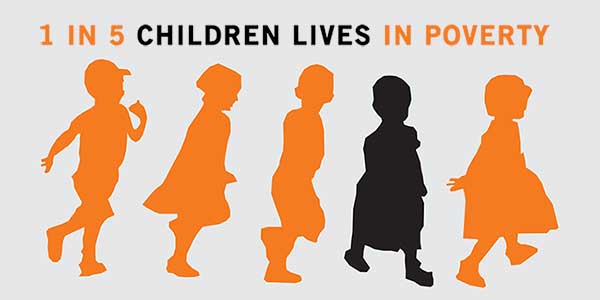The effects of poverty on child development: What is the US procedure for such cases?
May 23, 2023
This essay discusses the effects of poverty on child development, and the US procedure for such cases.
Children living in poverty are at greater risk for developmental delays and learning difficulties. Factors such as nutritional deficiencies, inadequate health care, lack of access to quality education, unstable home environments, and exposure to environmental toxins can all impede a child’s physical and emotional growth. Other consequences of living in poverty include social isolation, limited access to technology resources, higher levels of stress and depression-related illnesses, increased rates of violence and crime, and decreased engagement with positive activities. All of these factors lead to poorer academic achievement among children from low-income backgrounds.

The United States has put in place several initiatives to help alleviate the impacts of poverty on child development. The Child Care and Development Block Grant (CCDBG) provides assistance to families in need, helping them access safe and affordable childcare so that parents can work while their children are taken care of by qualified caregivers. The Supplemental Nutrition Assistance Program (SNAP) ensures that families have access to nutritious meals while also providing nutrition education. In addition, the Head Start program offers comprehensive health, mental health, nutrition, and educational services to low-income children from birth through kindergarten entry. These initiatives aim to reduce the effects of poverty on child development by creating an environment where kids can thrive.
The US government has created a framework for dealing with situations of extreme poverty in which individuals are unable to meet their basic needs such as food security, housing, or childcare. The Social Services Block Grant (SSBG) allows states to provide services and assistance for those living in poverty, including cash welfare benefits, food donations programs, and medical care. Additionally, the Temporary Assistance for Needy Families (TANF) program provides temporary cash assistance to families with children who are struggling to make ends meet. By ensuring families have access to these resources, the US government is making an effort to lessen the impacts of poverty on child development.
